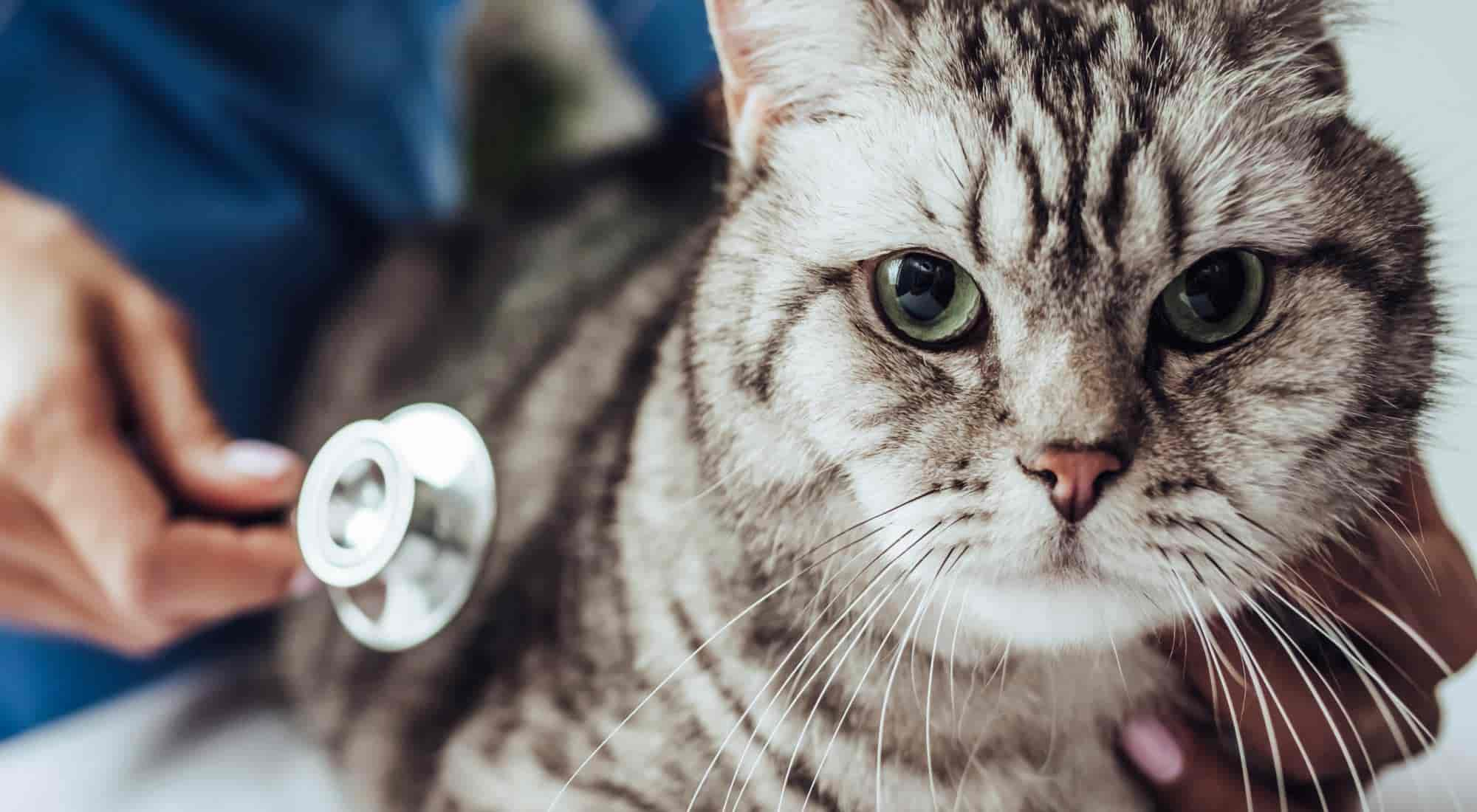Whether you’re a first-time pet parent, or an animal lover who’s been out of the pet care game for a while, there’s a lot to prep for that first (unforgettable!) year when a puppy or kitten joins your family.
From training and feeding to vet care and socialization, the first year of a young pet’s life is a busy one, filled with moments you’ll never forget (and perhaps a chewed shoe or seven that you’ll never get back).
To help you prepare for this period, we’ve got some great tips to consider, plus advice from a veterinarian that you’re definitely going to want to reference.
Choosing a pet 101
One of the first decisions you have to make—before you even officially become a pet parent—is choosing the breed of puppy or kitten you bring home. You want to research and understand the traits that are common with specific breeds if you are getting a purebred. And if you are adopting from a rescue you can ask to see what is known about the pet’s breed or history.
“I think a lot of people adopt pets based on what they look like and how cute they are,” says veterinarian Dr. Garrett Schuilenberg. “They don't really understand, for example, the health conditions that these animals may be predisposed to, which ties inwith knowing that you're getting the dog from a good breeder who's working to prevent those genetic predispositions.”
When it comes to lifestyle, health conditions, and behavioural issues, he says, “Some dogs are a little bit more work than other dogs.”
Another factor to consider is your living situation and the type of pet best suited to your home. Dr. Schuilenberg recommends thinking about your access to outdoor space, whether it’s a fenced yard or a nearby park and how important these factors will be to you and your new dog, according to breed and species.
“That's the big one,” he says, “researching the breed and knowing what you're getting yourself into. And not just picking a pet because you think it’s cute [when] you don't know anything about them.”
When it comes to both cats and dogs, you will want the following:
Play: age-appropriate toys and strategies to keep your pet engaged while diverting them away from small-scale destruction
Sleep: cozy beds and blankets
Bathroom breaks: litter boxes and poop bags
Exercise: leashes, collars, and harnesses
When you are selecting a bed, consider the size of your pet, and their sleeping and napping preferences. Do they like to curl up, stretch out, or cuddle with their buddy? Height and depth are important, as a large pet needs more space, and a small pet needs the bed to be low enough to the ground to get on it easily. Some beds retain warmth better than others and may be best for the cooler weather, while others help keep pets cooler in summer. Some beds even have caves — tent-like designs that can help nervous pets feel safe.
When it comes to selecting a collar for a dog, consider the collar’s primary purpose. Training collars and harnesses are different from the common flat dog collars because they are designed to aid in your pet’s training. Traditional flat collars are perfect for ID tags and typically used for daily walks.
Your first year vet checklist
Pet parent pro tip: find a vet you like before bringing your new fur baby home—because you’re going to be visiting them at least a couple times during your pet’s first year.“There's a very strict vaccination schedule that we should be doing for every pet when they’re young,” says Dr. Schuilenberg.“Dogs that don't receive these vaccines and cats that don't receive these vaccines tend to be much less healthy and obviously more at risk for different diseases than ones that are vaccinated appropriately. Same with deworming and all the preventative stuff that you should be doing when they're younger.”
For your cat or dog’s first year of life, talk to your vet about:
Vaccinations and booster schedule for the coming years
Flea, tick, and heartworm prevention
Grooming requirements, depending on the breed
Their specific needs based on breed and individual health concerns
The good stuff (also known as FOOD)
Food plays multiple roles in the life of a new kitten or puppy. Not only do high-quality, nutritionally-complete diets help your ball o’ fluff grow into a healthy, full-size fur monster, feeding is also an important tool for training and trust.
Like many of us pet parents, an animal’s love language is often food so don’t skimp on snacks and treats.
Use your first year with your young pet to broaden their palette by giving them all kinds of healthy foods and treats to sample. Many nutritionists recommend “rotational feeding.”
For puppies and kittens this is most easily done by supplementing a core diet of kibble formulated for their growth stage with a variety of wet foods and treats to make sure they’re getting all the dietary elements they require.
Get out and socialize!
Socialization is a big part of training your young pet and ensures they grow up confident and comfortable in a variety of everyday situations.
“There are major socialization windows that dogs and kittens have when they're young, that if you sort of mess with some of those, then you can really set yourself up for failure with behavioural problems,” advises Dr. Schuilenberg.
Some young animals are taken away from their mothers and littermates too early which can lead to behavioural problems such as anxiety or even aggression, says Dr. Schuilenberg. Socialization when they're young really helps to build confidence.
Beyond patiently waiting for your new puppy or kitten to be ready to leave their litter, there are other important considerations for socializing, during the key windows of time Dr. Schuilenberg mentioned.
“Approximately three to 16 weeks is the prime time. In that time, you want to expose them to things that you want them to be used to as they get older. Make these like positive experiences only. Lots of rewards, lots of treats, lots of happy voices and petting. Take your puppy on the subway, take your dog on car rides, have them meet children, have them meet other dogs, and things like that.”
As for cats, interaction with other people is very important—luckily, not many people turn down an invitation to drop by and play with a new kitten.
One final word of advice: be aware that socialization windows line up with your pet’s schedule for some key vaccines, so limit close interactions with other animals until they are fully vaccinated.














































